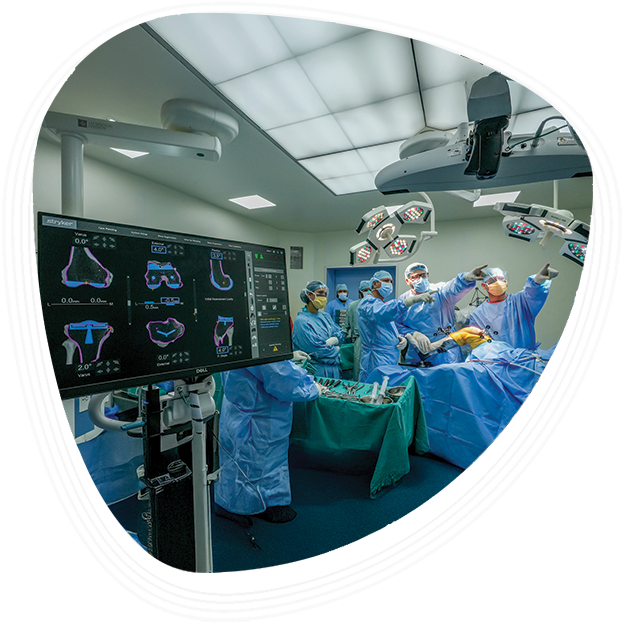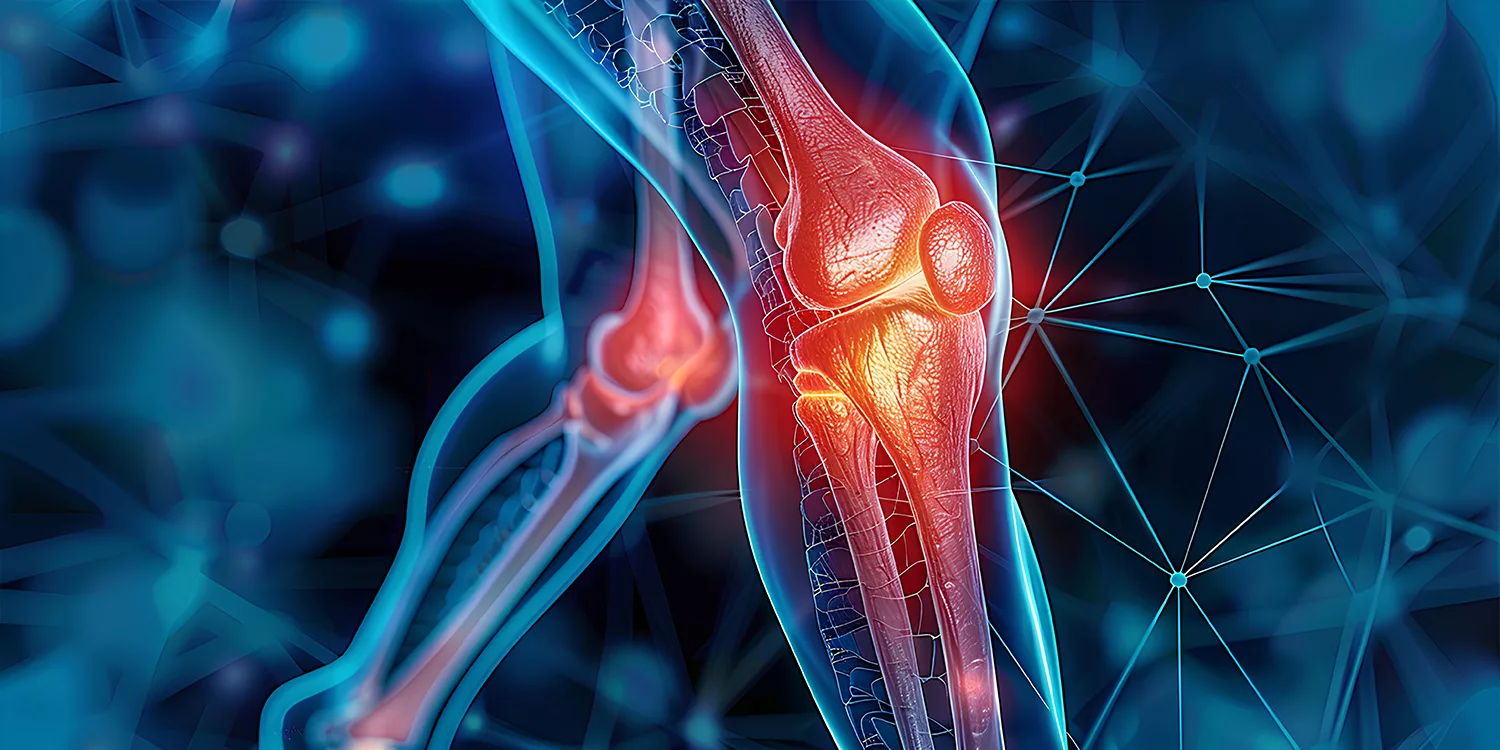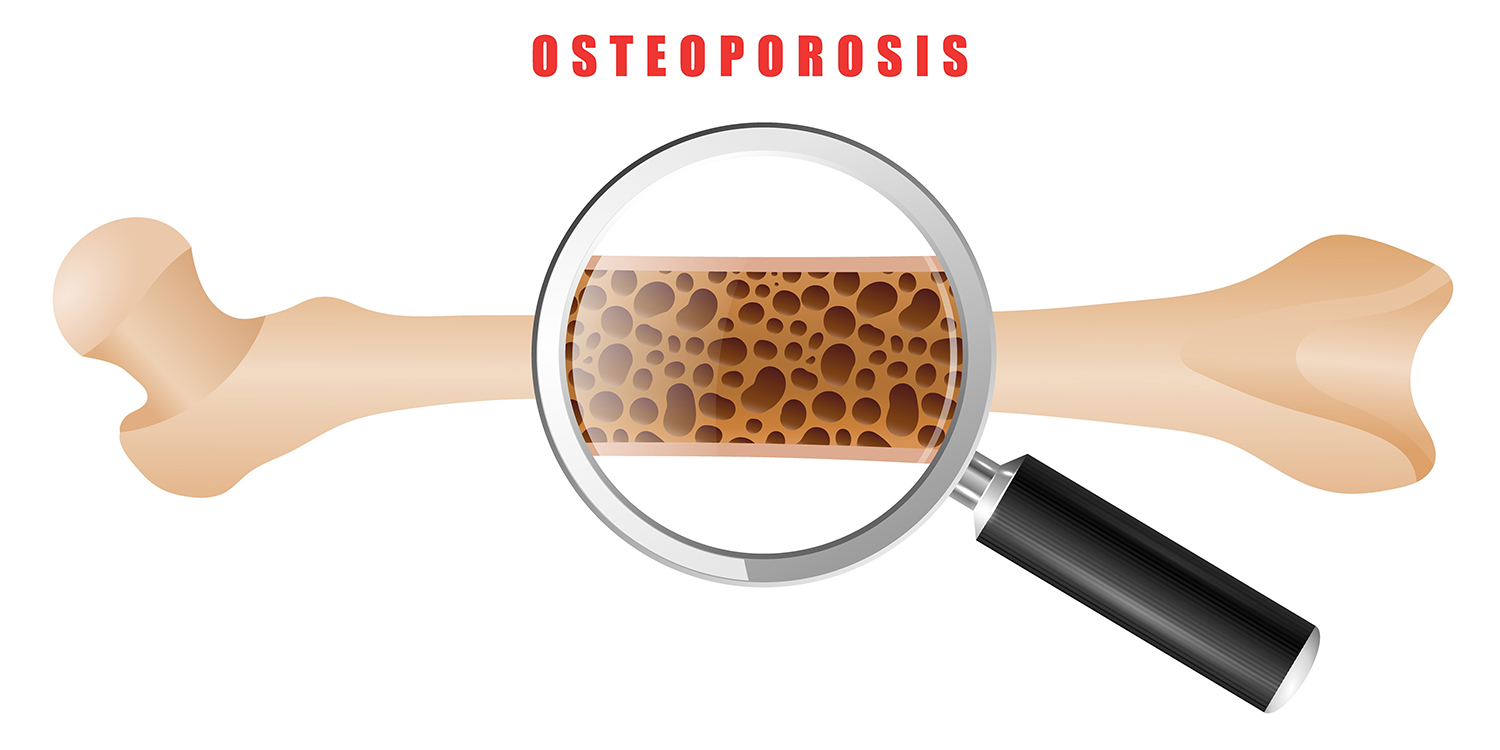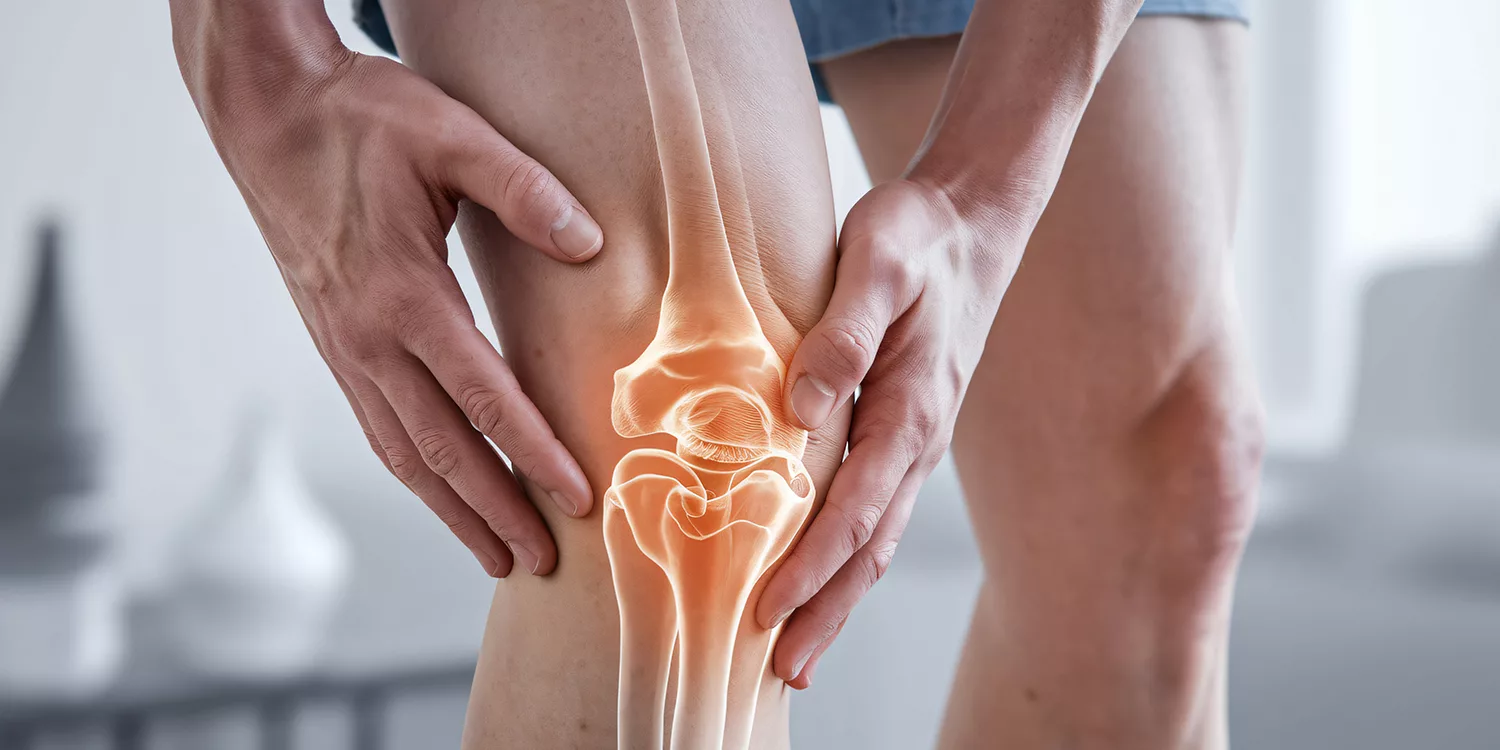Graphic Era Hospital offers advanced Hip Replacement surgery for patients having severe hip pain, arthritis, fractures, or joint damage that limits daily movement. Our Department of Orthopaedics brings together experienced surgeons, cutting-edge technology, and comprehensive rehabilitation to ensure optimal outcomes. Whether it’s conventional or robotic-assisted joint replacement, we prioritise precision, reduced post-operative discomfort, and faster return to activity. From pre-surgical evaluation to complete recovery, we deliver care designed to restore mobility and improve long-term joint health.

When to Seek Hip Replacement Consultation?
Hip replacement surgery may be considered when pain or stiffness in the hip begins to interfere with daily activities and conservative treatments no longer provide relief. Early consultation can help prevent further joint damage and improve long-term outcomes. Common signs that may indicate the need for hip replacement include:
- Persistent hip pain that limits walking, standing, or climbing stairs
- Difficulty with everyday movements like sitting, bending, or getting up from a chair
- Stiffness in the hip joint, especially after rest
- Swelling or tenderness around the hip
- Limited range of motion affecting balance and posture
- Pain that worsens at night or disturbs sleep
- Hip pain unresponsive to medication or physical therapy
- Reduced ability to participate in work, sports, or routine activities
- Limping or altered walking pattern due to joint discomfort
- Diagnosis of advanced arthritis, joint damage, or avascular necrosis
Schedule Your Appointment with
Our Expert Doctors
We are dedicated to driving lasting, positive transformation in healthcare management through innovation and patient-centered solutions.
Hip Replacement Procedures Available at Graphic Era Hospital
At Graphic Era Hospital, we offer a range of advanced hip replacement procedures tailored to each patient’s condition, age, and activity level. Our goal is to reduce pain, restore joint function, and enhance mobility through precise and effective surgical techniques.
- Total Hip Replacement (THR): Complete replacement of the damaged hip joint with an artificial implant, commonly performed for arthritis or joint degeneration.
- Partial Hip Replacement: Replacement of only the femoral head (ball of the joint), often used in certain fracture cases or less severe damage.
- Robotic-Assisted Hip Replacement: A highly precise, minimally invasive technique that uses robotic guidance for implant positioning, improving accuracy and recovery.
- Revision Hip Replacement: Surgery to replace or repair a previous hip implant that has worn out or caused complications.
- Minimally Invasive Surgical Techniques: Smaller incisions and reduced tissue damage result in quicker recovery, less pain, and shorter hospital stays.
- Pre-Operative Imaging and Planning: Advanced diagnostics such as MRI or CT scans to plan the surgery with accuracy.
- Post-Operative Physiotherapy and Rehabilitation: Personalised rehab programmes to strengthen the joint, improve mobility, and support long-term recovery.
- Multidisciplinary Support for Complex Cases: Collaboration between orthopaedic surgeons, physiotherapists, and rheumatologists for holistic care.
Hip Replacement Services Available at Graphic Era Hospital
In addition to surgical procedures, we offer a full range of services to support patients before, during, and after hip replacement surgery. These services ensure comprehensive care and improved recovery outcomes.
Diagnostic and Preoperative Services
- Detailed physical examination and joint assessment
- X-rays, MRI, or CT scans for accurate diagnosis
- Pre-anaesthesia evaluation and fitness for surgery
- Counselling on procedure, risks, and recovery expectations
Postoperative and Rehabilitation Services
- In-hospital monitoring and early mobilisation
- Personalised physiotherapy for strength and flexibility
- Pain management and wound care
- Guidance on walking aids and fall prevention
Long-Term Support and Follow-Up
- Scheduled check-ups to monitor implant performance
- Lifestyle counselling to protect joint health
- Support for return to work, exercise, and daily activities
- Advice on managing other joint or bone conditions
Why Choose Graphic Era Hospital for Hip Replacement?

Things to Know Before Starting Hip Replacement Surgery
Before undergoing hip replacement surgery, it is important to understand a few key considerations that may influence your preparation, recovery, and long-term results.
- Understanding the type of hip replacement being recommended: total, partial, or revision
- Discussing the surgical approach, traditional or minimally invasive (including robotic-assisted techniques)
- Assessing overall health, including existing medical conditions that may affect surgery or healing
- Potential risks such as infection, blood clots, or implant-related complications
- Expected hospital stay and need for assistance at home during early recovery
- Time required to return to normal activities, including walking and work
- Importance of physiotherapy and rehabilitation for optimal joint function
- Long-term care of the implant, including activity modification and regular follow-ups
- Impact on lifestyle and mobility in the weeks following surgery
- Emotional readiness and setting realistic recovery goals
Top Procedures
- Total Hip Replacement (THR)
- Partial Hip Replacement
- Robotic-assisted hip replacement
- Revision hip replacement
- Minimally invasive surgical techniques
- Personalised physiotherapy and rehabilitation
- Pre-operative imaging and planning
Patient Stories
Blog
Frequently Asked Questions (FAQs)
How do I know if I need a total hip replacement?
If hip pain severely limits daily activities and does not improve with medication or physical therapy, your orthopaedic specialist may recommend a hip replacement after proper evaluation.
What is the difference between total and partial hip replacement?
Total hip replacement replaces both the ball and socket of the joint, while partial hip replacement replaces only the ball. The choice depends on the extent of joint damage.
Is robotic-assisted hip replacement better than traditional surgery?
Robotic-assisted surgery offers greater precision and better implant alignment, which may lead to faster recovery and longer-lasting results in suitable cases.
How long will the hip implant last?
Most modern implants last 15 to 20 years or more, depending on factors like age, activity level, and overall health.
What is the recovery time after hip replacement surgery?
Initial recovery takes about 4 to 6 weeks, but full rehabilitation may take a few months. With physiotherapy, most patients return to normal activities within this period.
















